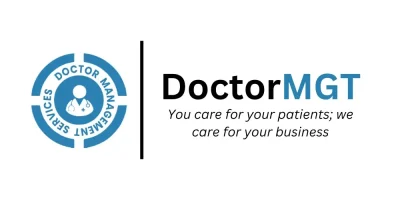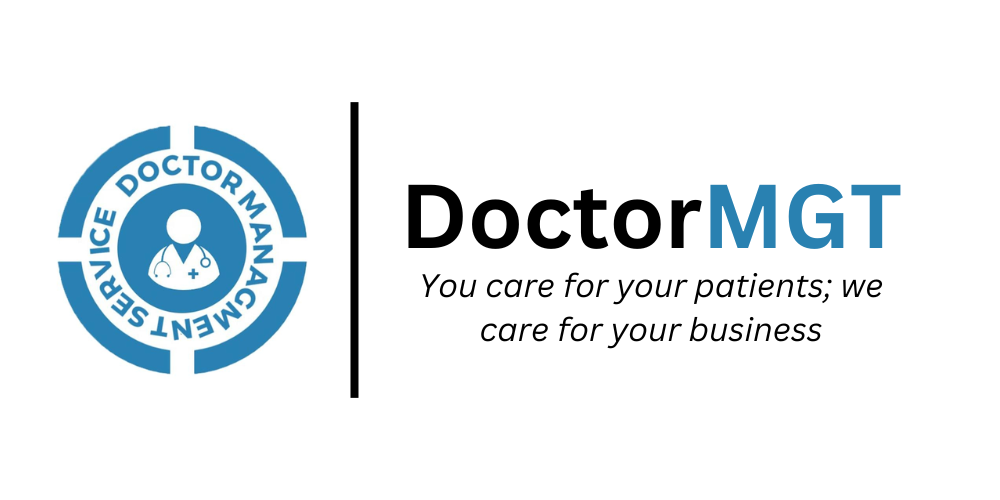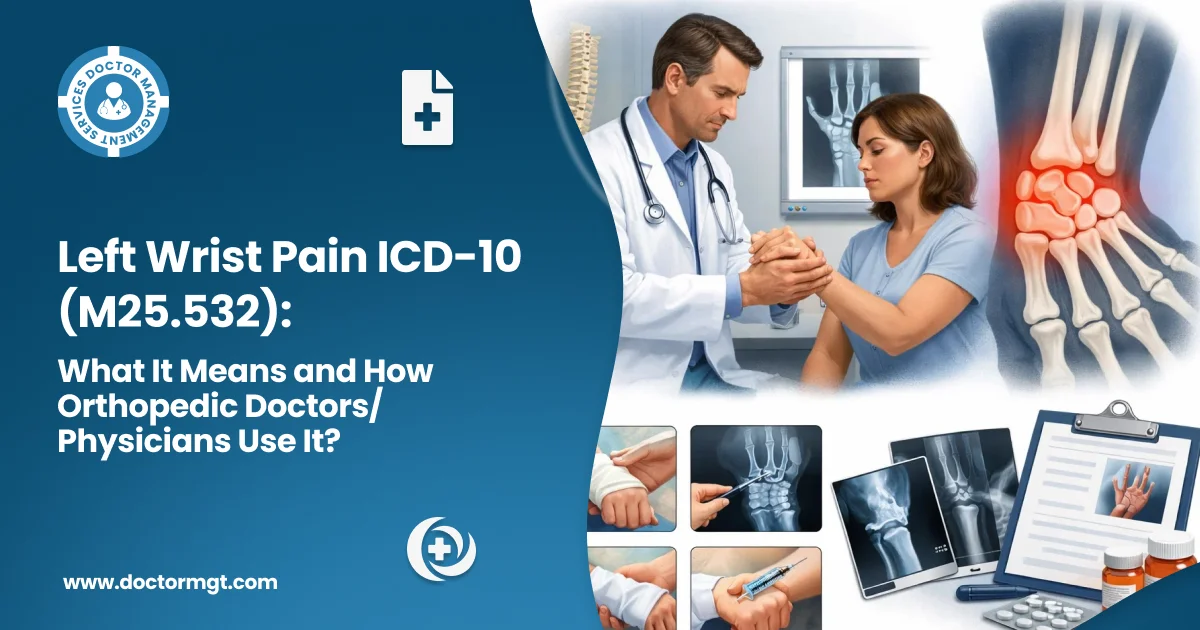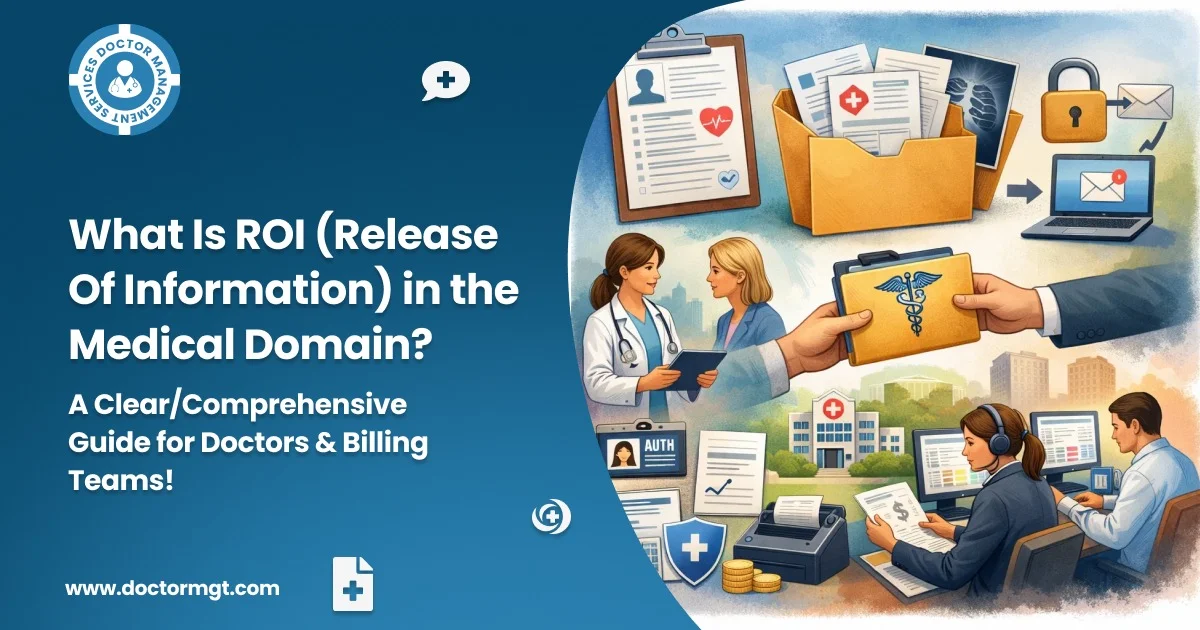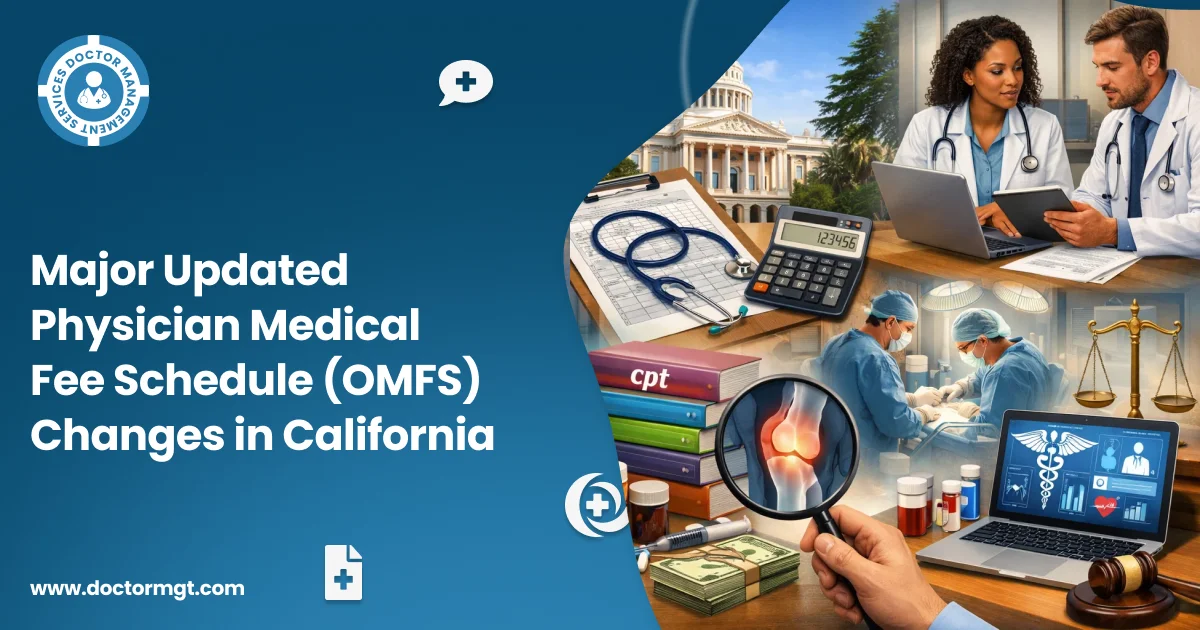Medical, surgical, and diagnostic services are described uniformly through Current Procedural Terminology (CPT) codes. In particular, the CPT code 97750 of physical performance tests or measurements can be considered significant here.
These tests, often referred to as Functional Capacity Exams (FCEs), are essential for evaluating a patient’s physical abilities, especially in the context of work-related injuries or disabilities. Properly billing Functional Capacity Evaluations is crucial for receiving timely and accurate compensation.
At the same time, the healthcare provider must be aware of potential fraud and billing errors. So, to safeguard doctors from unforeseen mishaps, Medically Unlikely Edits (MUEs) have been designed. The core objective of MUEs is to avoid billing for excessive services that are unlikely medically necessary.
In this blog, we will discuss the 97750 CPT code for medical billing and coding in California and look at the effects of MUE for this particular code.
Physical Performance Test or Measurement – CPT Code 97750
CPT code 97750 states ‘Physical performance test or measurement (e.g., musculoskeletal, functional capacity), with a written report, every 15 minutes.’ This essentially allows practitioners to code and be reimbursed for the time spent on testing or assessing a patient’s physical abilities and capacity.
These evaluations are crucial for determining a patient’s ability to engage in specific activities, particularly in environments where it’s important to objectively assess work-related injuries, disabilities, or rehabilitation progress.
Functional Capacity Exams (FCEs): An Overview
Now it is time to turn to Functional Capacity Exams (FCEs). Well, FCEs are aimed at determining the degree of a patient’s functionality or readiness for work after injury. Their significance in workers’ compensation scenarios cannot be ignored.
These procedures serve multiple purposes: they measure physical performance, and they determine if a patient is prepared to go back to work after an injury or illness. Also, they assist the physician in assessing the extent of the injury and suggesting appropriate treatment procedures for recovery. Moreover, the FCE CPT code 97750 may be used in the following instances:
- Workers’ Compensation Cases: FCEs play a crucial role in assessing the functional limitations of an injured worker in worker comp cases and also aid in determining appropriate work restrictions or accommodations.
- Disability Evaluations: Helping patients substantiate disability claims by documenting the extent of a patient’s functional loss.
- Rehabilitation Settings: Monitoring progress during physical therapy or treatment to assess improvements in physical abilities.
- Pre-employment Screening: Evaluating potential employees to ensure they can safely perform the essential functions of a job role.
Medically Unlikely Edits (MUEs) and Their Role
CPT codes help in standardizing the billing processes of medical services while the MUEs as tools used in fighting billing frauds and omissions. MUEs are set up by the CMS as part of the NCCI to encourage prudent coding practices. These edits put a logical end to the number of units of the service or times that can be billed for a given CPT code provided by a certain provider within a specific date.
Determining MUE Values
The MUEs are prescribed by the clinical criteria and analysis of the statistics as well as with the consultation of the respective medical bodies. The idea is to set the appropriate limits properly based on the general usage and requirements in clinical settings. In the case of CPT code 97750, MUEs prevent the overuse of services aimed at determining a patient’s functional abilities without a proper need.
Compliance and Best Practices
Healthcare providers must adhere to best practices to comply with MUE guidelines when billing for CPT 97750. To conform with MUE guidelines when billing CPT 97750, claims providers must follow certain set practices:
- Accurate Documentation: Recording of the actual examination is very important including the tests that were administered, the time taken for each test, and why the examination test was conducted.
- Justification of Units: Providers should justify the number of units billed based on the complexity and scope of the evaluation.
- Coding Accuracy: Using the correct CPT code (97750) and following coding guidelines to avoid errors.
- Education and Training: Continuous education of staff on coding practices and updates to MUE guidelines.
- Audit and Review: Regular audits to review billing practices and ensure compliance with regulatory requirements.
Common Challenges and Errors
Billing for CPT 97750 involves meticulous attention to detail to avoid common pitfalls that can lead to billing errors. These errors can arise from several factors:
1. Exceeding MUE Limits:
One of the primary challenges healthcare providers face is exceeding the Medically Unlikely Edits (MUE) limits associated with CPT 97750. MUEs are established to prevent excessive billing for services that are unlikely medically necessary or appropriate within a single encounter. Providers may inadvertently bill for more units of service than permitted under MUE guidelines, especially without sufficient documentation demonstrating the medical necessity of each assessment.
To overcome this aspect, medical professionals must ensure that the total units billed meet the functional capacity exam done to ensure that the billing accurately shows the constituted amount of functional capacity test CPT code. Documentation should include the details of the tests conducted, the amount of time spent on the tests, and a valid reason for carrying out the assessment.
2. Incorrect Coding:
Another common error is the selection of an incorrect CPT code or not following coding guidelines in the functional capacity examinations. Lack of proper coding hampers claim repayments through rejection or delay such that the healthcare practices and the overall care for patients are affected.
Therefore, providers require continuing learning on such codes and other directives that may be issued by medical bodies. The coding staff should also undergo constant training and education on coding selection and the billings to avoid making wrong selections.
3. Insufficient Documentation:
Inadequate documentation is a considerable danger when applying the code necessary for billing, which is CPT 97750. Documentation is not only essential for justifying the billed services but also the need for the functional capacity exam. If key steps are not well-documented, the provider might not be in a position to defend the need for the evaluation; this results in claim denials or audits.
It is recommended that healthcare professionals should have a documented structure where they write a patient history, diagnosis, tests conducted, and results or any observation or response from the patient. Clear documentation assists in explaining the medical necessity of the exam and also makes the claims process easier.
Managing Denials and Appeals
When faced with claim denials related to MUE violations or billing errors, proactive management is key to resolving issues and ensuring compliance:
1. Review and Appeal:
When a payer does not pay for a claim, the relevant healthcare provider should quickly look at the reason given by the payer. In the case of reviewing the denial of the claim, compare the list of the provided information to identify any circumvention and omissions that led to the decline. Persuade clients to furnish additional records which may be instrumental in establishing the medical need of the provided services billed which may comprise of patient records, test reports, and clinical notes among others.
Maintaining payer relations is also important Getting and responding to appeals from payer sources is also essential. Appeals must also be properly documented explaining why a particular service was not paid and how the provider has respected the code and the medical billing services California regulation. Thus, it is suggested that the appeal should be filed as early as possible alongside clear supporting documents to reverse the denials and obtain the payments.
2. Educational Efforts:
The rejected claims present the unique learning potential in healthcare practices. Such cases should be encouraged to undertake internal checks and evaluate the already existing documentation systems. Pinpoint frequent misunderstandings or missed coding compliance to documentation or areas where coding could become more efficient.
Special programs must be arranged for staff members involved in coding and billing in the form of educational measures. Schedule short sessions on coding upgrades, documentation procedures, and measures that should be taken to avoid billing offenses. Thus, improving the level of skills of the personnel and enhancing their awareness of the healthcare practices can help to enhance compliance and reduce the subsequent occurrence of claims denial.
Recap:
Successfully navigating the intricacies of billing for CPT 97750 demands healthcare providers to uphold meticulous compliance and detailed documentation practices. Addressing typical hurdles like adhering to MUE limits, ensuring precise coding, and overcoming documentation shortcomings allows providers to streamline their billing procedures and mitigate the chances of claim denials.
When faced with denials, proactive management involving thorough review, strategic appeals, and ongoing educational initiatives becomes crucial. This approach not only facilitates prompt reimbursement but also fosters continuous enhancement in healthcare delivery and administrative efficiency. It empowers providers to learn from challenges, refine their processes, and ultimately deliver better patient care.
